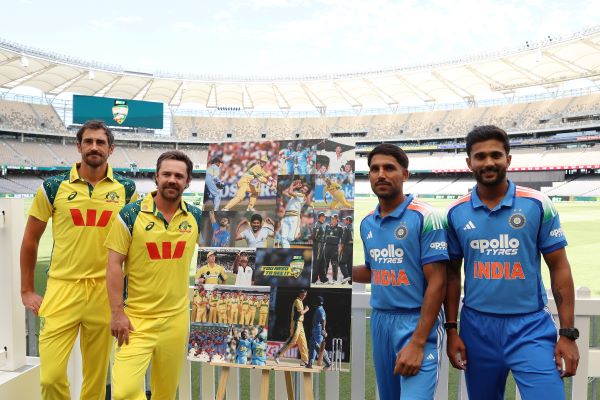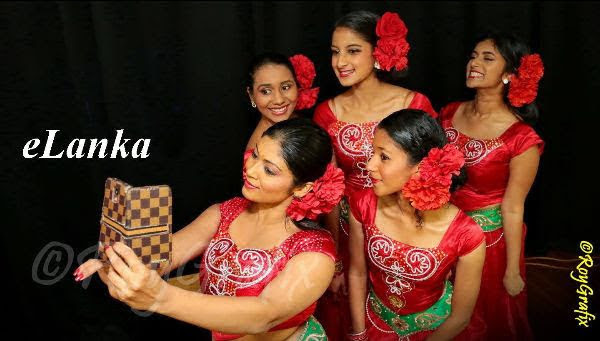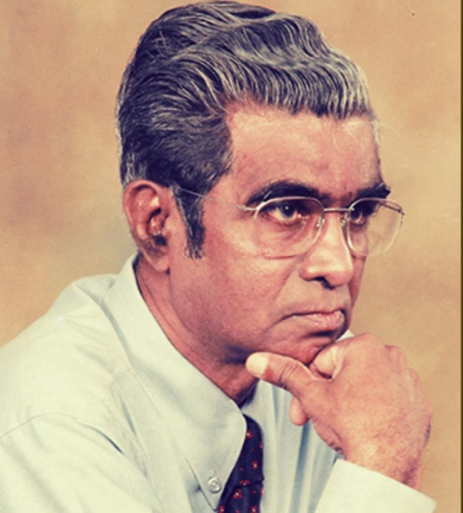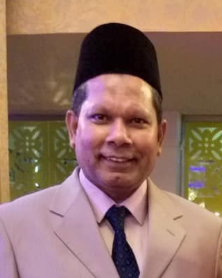BRAVO, ELECTION COMMISSION OF INDIA – By N.S.Venkataraman
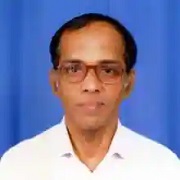
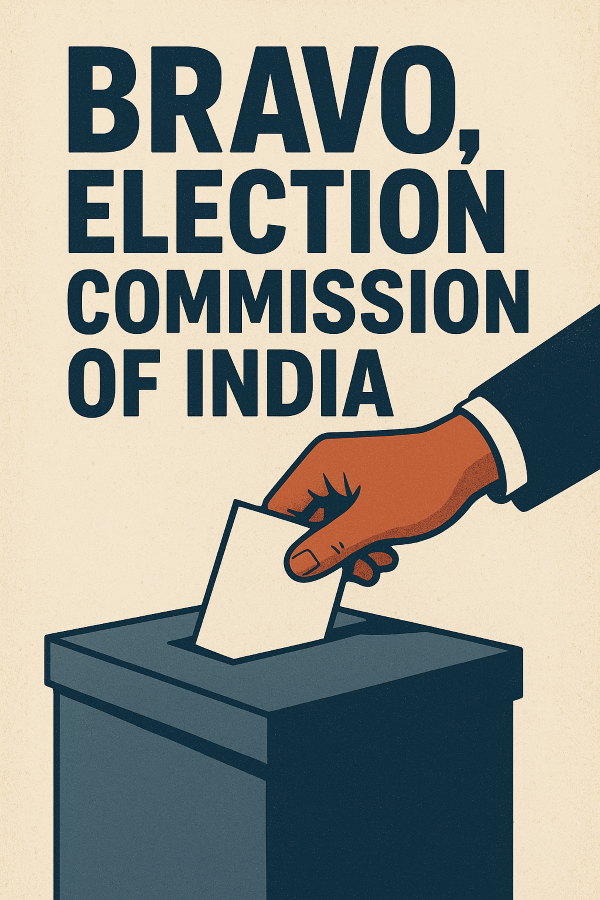
There is an unending debate all over the world on which is the best form of governance. There are no dearth of arguments hailing one system or the other namely communism, dictatorship, military rule, feudalism as well as democracy. However, there appear to be consensus view amongst the cross section of thought leaders, that democracy ,by far, is the most appropriate form of governance, particularly since it satisfies the human spirit that crave for freedom of thoughts and actions for individuals. At the same time, it is recognised that there is a limiting factor in democracy , as freedom for individuals cannot be absolute and it is stressed that liberty cannot be a personal affair and should be viewed as social contract and adjustment of individual interests.
The ideal form of democratic governance rests on five pillars namely legislature, executive, , judiciary ,election commission and media. However, in practical terms , there is a view that there can be weak links in the above pillars , which can weaken the democratic system and pave way for chaotic democracy ,as seen now in all democratic countries in the world , marked by noisy debates and different view points.
Experiments in democratic governance are still on in different countries and it appears that the debate on the pros and cons of democracy will not end anytime soon.
Indian scenario :
In spite of several socio economic problems faced in India due to high population density , different religions / castes being practiced, multiple languages spoken and of course mal distribution of income and opportunities, Indian democracy has well survived over the last 75 years ,after India’s independence. It has stood the test of time. All doomsayers about the prospects for democracy in India have been proved wrong and forcing them into virtual silence now.
Striking factor – Election process
While reviewing the state of democratic process in India over several years, the striking feature is the national elections organised at pre determined and regular intervals and smooth change of power based on the verdict given by the people. Certainly, the credit for the robust Indian democracy should go to Election Commission of India, one of the strong pillars of democracy, perhaps, much more than the other pillars .
The Election Commission of India has been continuously fine tuning the electoral process and it can be said now convincingly that Election Commission have been successful in conducting fair election. Of course, some Imperfections still remain but certainly they are not considered as overwhelming , if one were to take a holistic view.
To remove whatever the weakness in the system, Election Commission has recently introduced several additional reform measures to fine tune the electoral process. It has listed 17 measures beginning with the forthcoming Bihar election, that could improve the voter participation and public trust in the process. The average number of eligible voters in a polling station will be 819 and the highest number of voters in a booth will now be 1200 compared to 1500 earlier. The counting of postal ballots will be complete before the last two rounds of elections. Voting machine (EVM) and Voter Verifiable Paper Audit Trail (VVPAT ) will be mandatory . Amongst other measures are mobile phone deposit facilities at polling stations and one stop digital platform named ECINet .
Special Intensive Revision ( S I R ) :
In recent months, the Election Commission of India has rightly decided that periodical revision of voters list have to be carried
out , to ensure that those eligible to vote are genuine Indian citizens and also to ensure prevention of malpractices, under a scheme called Special Intensive Revision (SIR).
This is a much needed exercise , as India’s population is continuously increasing and death rate are also remaining high. Migration of people from one part of the country to other take place extensively. Further, illegal migrants from neighbouring countries also manage to enter India and stay in India undetected for several years and manage to get voting rights in fraudulent manner. In such conditions, periodical revision of voters list is a compelling need to ensure sanctity of the electoral process in India.
By commencing the SIR process in Bihar, Election Commission is fulfilling its national responsibility and meeting people’s expectation to ensure that the results of the election would reflect people’s mandate truly and fully.
It is all the more gratifying that the Election Commission has also promised that it would carry out SIR in all states in the country before the next elections.
Counterproductive campaign against SIR :
When the Election Commission started SIR in Bihar, some political parties and activists started opposing the SIR, using uncharitable and condemnable term describing the SIR process as “ vote chori” ( vote theft) process. The Election Commissioners have been accused of dishonesty and partisan approach without any proof. In other words , the freedom of expression have been carried out too far to spread false campaign. . The election commissioners have done their level best to clear all the misgivings and have responded to the criticisms with dignity that befits the job. Appeal of the election commissioners to submit the complaints with necessary proof in writing has not received any response from the critics. The matter was taken to the Supreme Court by the critics and Supreme Court has refused to halt the SIR process. Supreme Court has clearly declared that it has no doubt that the poll body would ultimately discharge its responsibilities.
Many people feel aghast as to how anyone with true spirit of democracy can question the need for periodic revision of voters list? While any issue in the revision process can be raised in legitimate forum, creating doubts about integrity of election commission is absolutely unacceptable. Such approach would weaken the strong pillar of Indian democracy.
Bravo, Election Commission of India
Election Commission is essentially a constitutional body and its responsibility and role have been clearly defined in the constitution. In noisy democracy like what we have in India and the type of democracy structure that is prevailing in India , it is inevitable that vested interests come into play and baseless and counterproductive criticisms are aired without check and control. With media , enjoying enormous freedom and business houses political parties and religious bodies controlling the number of print and visual media , the media generally look for any issues that are sensational and that could draw the view of the attention of the viewers, irrespective of the merit of the views and observations. Such approach is now adversely impacting the morale
In such circumstances, Election Commission has to necessarily function with extreme level of patience and perseverance and at the same time remain conscious of its role and responsibilities. Large section of people in India who constitute silent majority can distinguish between chalk and cheese and read the writing on the wall correctly.
With confidence about the judgement capability of majority of Indians , the Election Commission should move on with courage of conviction. People say “ Bravo, Election Commission of India”.




